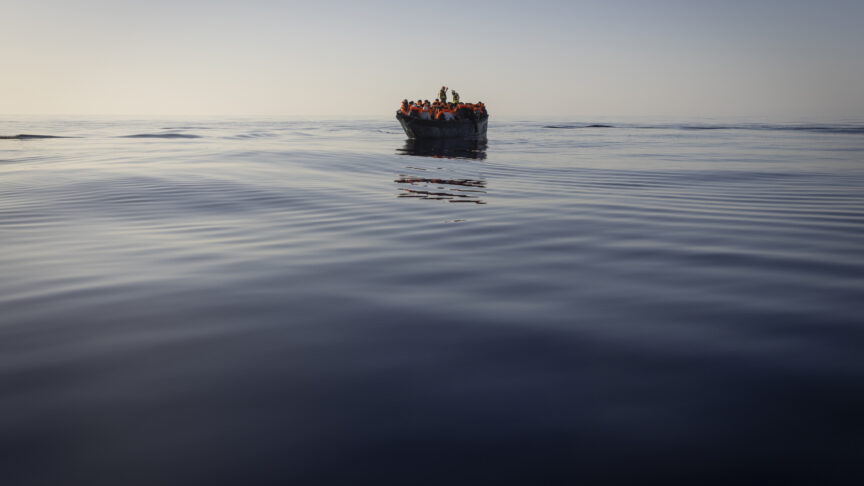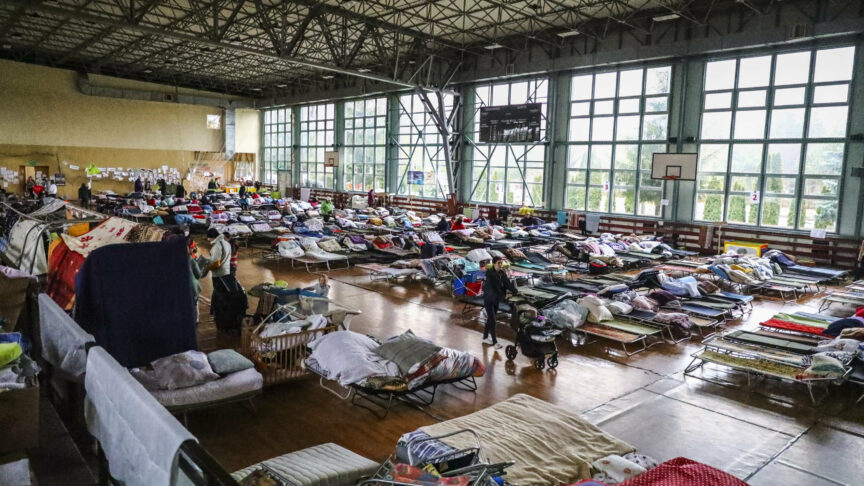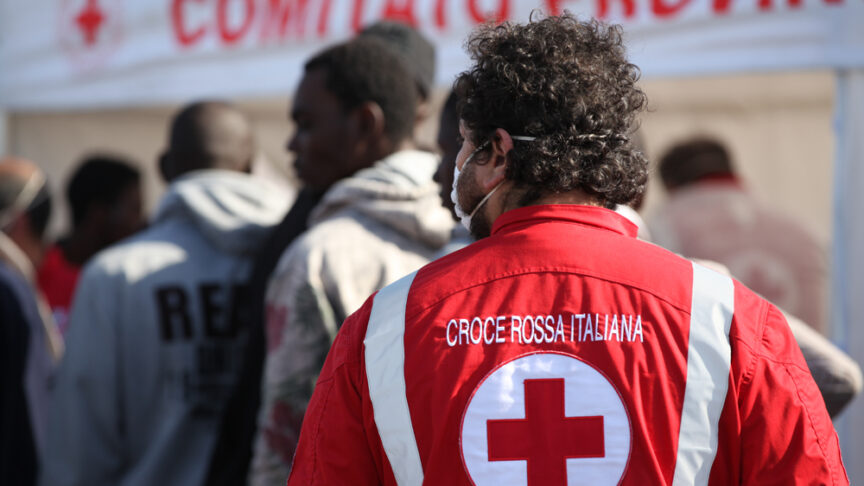Lorena Stella Martini was the national office assistant in Rome of the European Council on Foreign Relations. Previously, she held the position of advocacy and communication assistant in the same office.
Martini holds a double master’s degree in comparative analysis of Mediterranean societies and international studies from the Mohammed VI Polytechnic University (Morocco) and the University of Turin. She previously obtained a master’s degree in Middle Eastern studies from the Graduate School of Economics and International Relations (ASERI) at the Catholic University of Milan, and a bachelor’s degree in languages for international relations (majors: English and Arabic) from the same university. Throughout her university years, she spent several months in Morocco. Martini has prior professional experience with think tanks and NGOs, and has done research on individual freedoms in Morocco. She is particularly interested in sociopolitical dynamics in the MENA region, with a focus on Morocco and Iraq.




